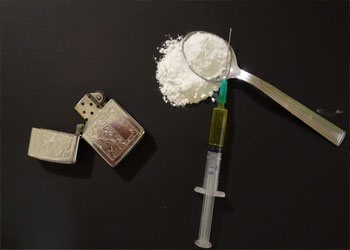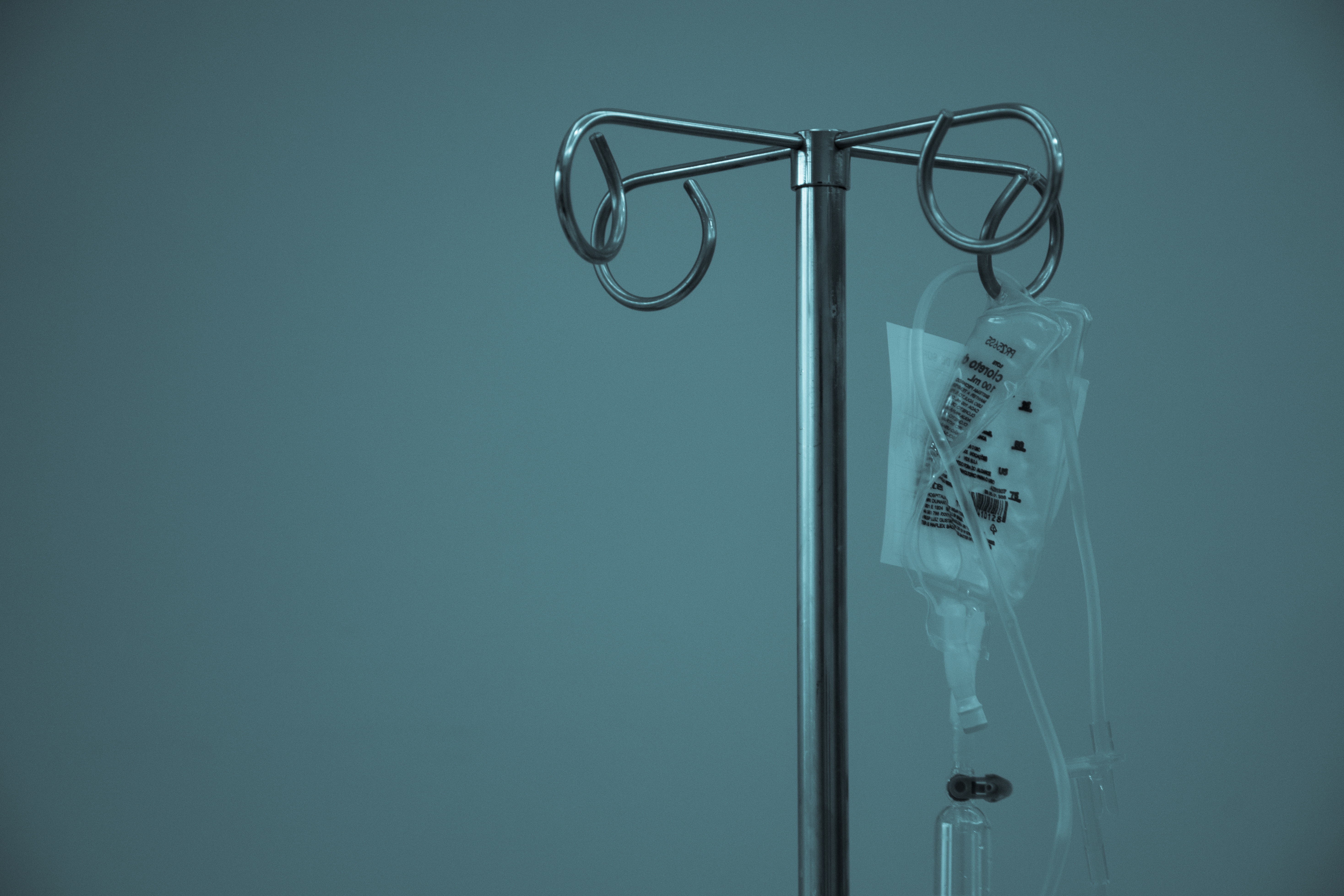Heroin use can be deadly due to its impact on the respiratory system. Sadly, more and more people are dying every year from heroin overdoses. Addiction to heroin can be devastating for the person and their family due to changes in behavior and health issues. If you are concerned that a loved one is suffering from heroin addiction, you will want to get them help.
How it Begins
For many, the addiction begins with a prescription for an opiate to relieve pain. Unfortunately, as the person becomes addicted to the medication, the need for higher doses to receive the same relief occurs. Eventually, the doctor determines the period of the pain reliever is over and subsequently stops refilling the prescription. However, the withdrawal effects from an opiate pain reliever can be hard to handle. And, as a result, some people eventually turn to a cheaper, street version of the medication, which is heroin.
Physical Signs of Heroin Use
How can you tell if your loved one is using heroin? Some of the more prevalent symptoms of heroin use include shortness of breath, small pupils, dry mouth, disorientation, nodding off, and behavior changes. There can be physical evidence as well. Some of the more frequent indications that a person is using heroin include finding needles, syringes, missing shoelaces (used to tie off the injection site), straws with burned ends, burned spoons, and other drug paraphernalia. However, these physical signs may be observed with other types of drug addictions as well.
Behavioral Signs of Heroin Use
What are some of the behavioral changes that your loved one may display? One of the most upsetting behaviors that you may encounter is deceptive behavior. Your loved one may steal from you to get money for drugs. They may also lie about where they are going and who they are going to be with. Moreover, they may become defensive or abusive towards you when questioned. Other signs include lack of interest in work, school, personal appearance, and previously enjoyed hobbies. Lastly, your loved one may begin wearing long pants and long-sleeved shirts to hide their needle marks.
Treatment for Heroin Use
How can you get your loved one help? To help your loved one, you should identify a treatment facility that focuses on heroin addiction. There will be two types of treatment options available, either inpatient or outpatient. Some things to consider when selecting the right treatment program for your loved one include heroin detox, behavioral interventions, individual therapy, and group therapy. Furthermore, you will want a program that offers medication-assisted treatment and aftercare services. You can find more information on how to select a treatment facility here.
Heroin Intervention Specialist
Once you’ve found the right treatment program for your loved one, you will want the assistance of an intervention specialist. An intervention specialist can help prepare you for what to say to your loved one, be a calming presence, and offer expert advice. Additionally, if you are unsure of the right treatment option for your loved one, they can also help with those decisions. If you fear your loved one needs assistance, contact Substance Intervention today. We’re here to help. Call 800-315-3303.




Leave a Reply